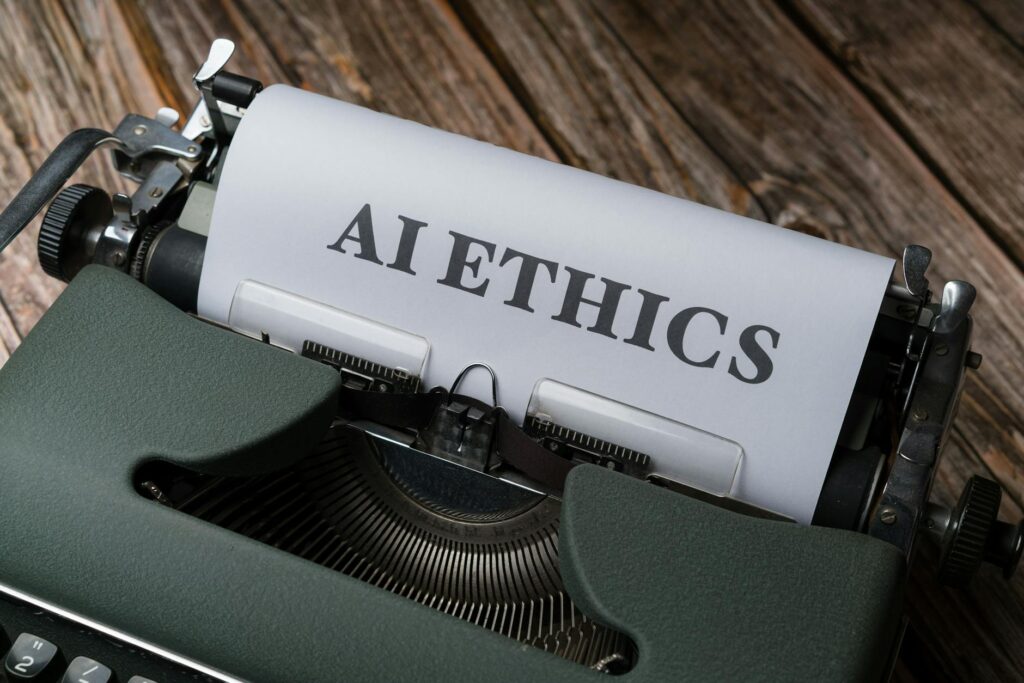What is personal accountability systems?

What is personal accountability systems?
Personal accountability systems are frameworks that help individuals take responsibility for their actions, behaviors, and outcomes. They are powerful tools that enhance productivity, foster personal growth, and create a structured approach to achieving one’s goals. By establishing personal accountability, you can not only improve your work performance but also enhance your overall well-being.
Understanding Personal Accountability Systems
Personal accountability systems are designed to provide a structure that encourages individuals to own their commitments and results. They typically include various techniques and strategies that help maintain focus, track progress, and motivate individuals to stay on course.
What Are Personal Accountability Systems?
At their core, personal accountability systems consist of several fundamental components. These include:
- Goal setting: Clearly defined objectives that guide your actions.
- Progress tracking: Methods to monitor advancement toward your goals.
- Feedback mechanisms: Ways to evaluate the effectiveness of your actions and strategies.
These systems function by creating a supportive environment where individuals can assess their behaviors, recognize achievements, and identify areas that require improvement.
Why Personal Accountability Matters
Personal accountability plays a crucial role in achieving success. When individuals take ownership of their actions, they become more motivated and engaged in their work. As noted in MindTools, leaders who demonstrate accountability are often more trusted and respected. This trust can lead to better collaboration and improved relationships, both personally and professionally.
Moreover, personal accountability fosters self-awareness and helps individuals stay aligned with their values. As you embrace accountability, you can assess your strengths and weaknesses, paving the way for meaningful growth. The importance of self-accountability in personal growth cannot be overstated, as it empowers you to take proactive steps toward improvement.
Key Components of Effective Personal Accountability Systems
To build an effective personal accountability system, several critical elements must be considered.
Goal Setting
Setting clear, measurable goals is essential for accountability. Goals should be specific, achievable, and time-bound. For instance, instead of saying, “I want to exercise more,” a better goal would be, “I will work out for 30 minutes at least four times a week for the next month.” This clarity provides direction and makes it easier to track progress.
Tracking Progress
Monitoring your progress is vital for maintaining accountability. This can be done through various methods, such as journaling, using productivity apps, or creating visual trackers like charts or graphs. Regularly reviewing your progress keeps you focused and allows for adjustments if needed. For more depth on progress tracking, consider exploring the Fire Personnel Accountability Guide.
Accountability Partners
Having a partner or group to share your goals with can significantly enhance accountability. This support system provides encouragement, motivation, and honest feedback. Sharing your goals with someone else creates a sense of obligation, making it less likely for you to backslide. Whether it’s a friend, family member, or a group, the accountability you gain from others can act as a powerful motivator.
Implementing a Personal Accountability System
Creating and maintaining a personal accountability system involves several steps.
Identifying Personal Goals
Start by identifying and prioritizing your goals. This requires reflection on what you truly want to achieve. Consider using techniques like brainstorming or mind mapping to visualize your aspirations. Once you’ve identified your goals, prioritize them based on urgency and importance. This clarity will guide your actions.
Choosing the Right Tools
Numerous tools and apps can help you establish and maintain accountability systems. Applications like Trello, Asana, or even simple spreadsheets can help you organize your tasks and track your progress. Choose tools that resonate with you and fit your workflow.
Creating a Routine
Establishing a consistent routine is crucial for maintaining accountability. Dedicate specific times for goal-related activities and stick to them. This helps you build habits that support your accountability system. Consistency reinforces commitment and makes it easier to stay on track.

Photo by Markus Winkler
Challenges in Maintaining Personal Accountability
While accountability systems are beneficial, they can also come with challenges that may hinder progress.
Procrastination and Distractions
Procrastination is a common obstacle in maintaining accountability. To combat this, identify factors that lead to procrastination. Are there specific distractions that pull your focus away from your goals? Develop strategies to manage these distractions, such as setting time limits, using focus tools like the Pomodoro technique, or creating a dedicated workspace.
Staying Motivated
Staying motivated can be difficult, especially when facing setbacks. To keep your spirits high, remind yourself of the reasons behind your goals. Celebrate small victories, and don’t hesitate to revise your goals if they become overwhelming or unrealistic. Engaging with motivational content, joining support groups, or seeking inspiration from others can also help sustain your drive.
Conclusion: The Impact of Personal Accountability Systems
Implementing personal accountability systems can lead to profound benefits in both your personal and professional life. By setting clear goals, tracking progress, and seeking support, you can enhance your productivity and maintain focus. Remember, accountability is not just about taking responsibility for your actions; it’s about embracing the journey of growth and self-improvement.
With the right mindset and tools, you can create a personal accountability system that works for you. So, why wait? Start taking action today and unlock your potential!